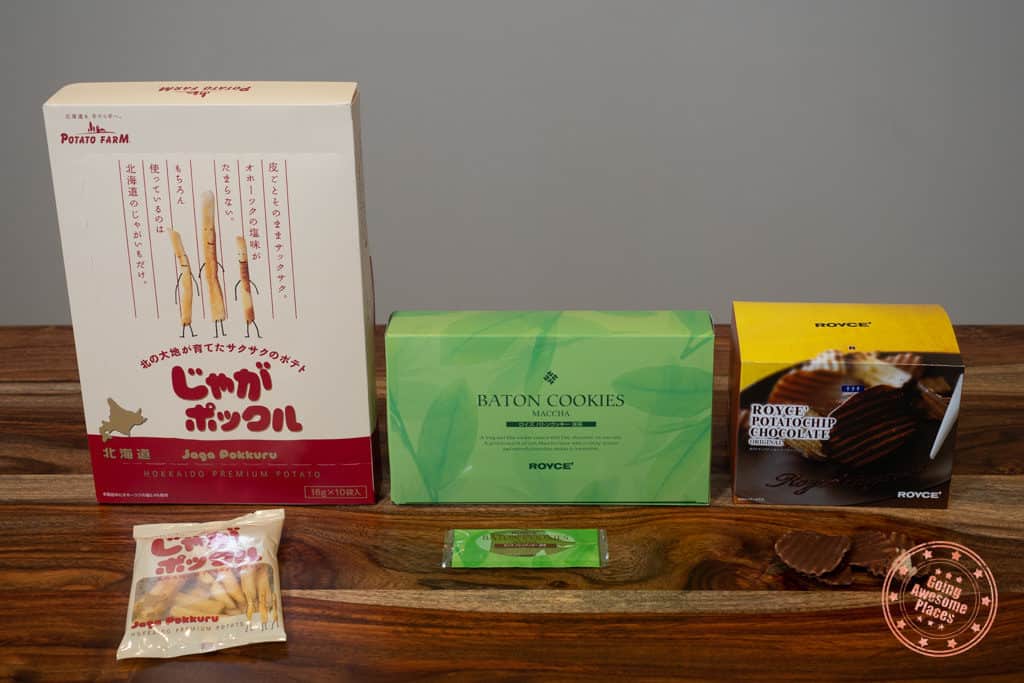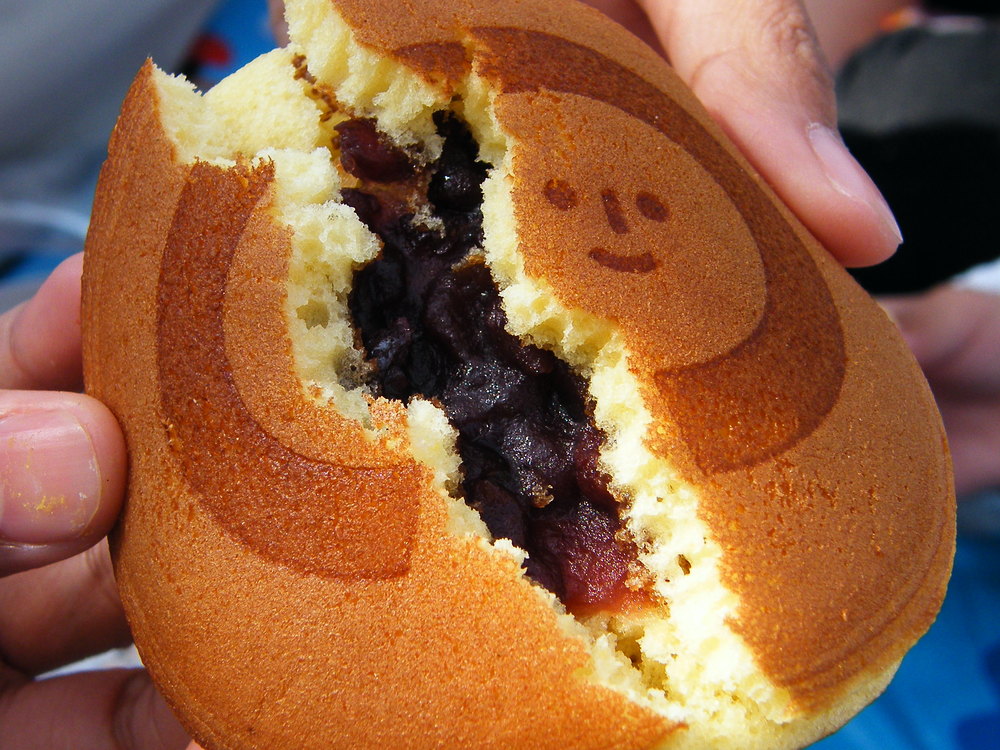ニュース What food items can I bring back from Japan?. トピックに関する記事 – What food can be brought back from Japan

Look for individually wrapped, non-fragile, and shelf-stable options to bring back.
- 1. Japanese Kit Kat. Let's just get this out of the way up front: Do not go to Japan without trying Japanese Kit Kat!
- Special Pocky.
- Shiroi Koibito.
- Matcha Tea.
- Tokyo Banana.
- Chinksuko.
- Kuidaore Taro Pudding.
- Shrimp Chips.
Conditions for Exporting/Bringing Meat:
Limit to 5kg per person (this includes beef, beef products, pork, and pork products). It must be a product available for sale in Japan. Must be of Japanese origin (even if the product says “domestically produced,” if foreign meat was used, you cannot export it).Ban on meat/meat products and plants/plant products
In order to prevent the incursion of infectious animal diseases and harmful plant pests, importing meat, plants and products thereof in to Japan is restricted by Japanese domestic law(Act on Domestic Animal Infectious Diseases Control and the Plant Protection Act).
Can I bring rice out of JapanExemption. Personal effects and unaccompanied baggage for personal use are free of duty and/or tax within the allowance specified below. (As for rice, the limit is 100KG a year.) If you have both personal effects and unaccompanied baggage, please consider them together and refer to the allowance.
What are you not allowed to bring back from Japan
Drugs such as stimulants and cannabis, cocaine, psychotropic drugs, narcotics, opium, MDMA are regulated in Japan. It is illegal to possess or use them and taking them out of Japan is also not permitted.It is usually not necessary to declare store-bought canned, bottled or packaged food items that are highly processed and do not contain any meat. Some examples may include crackers, dried pasta, candy, jam, tea or coffee. Oh the other hand, some products may be prohibited for import depending on the origin of contents.
What can I not bring back from Japan
Drugs such as stimulants and cannabis, cocaine, psychotropic drugs, narcotics, opium, MDMA are regulated in Japan. It is illegal to possess or use them and taking them out of Japan is also not permitted.

Japan Customs requires all passengers entering Japan to submit a Declaration of Accompanied Articles and Unaccompanied Articles (Customs Declaration Form) to the customs officer in order to prevent terrorism and smuggling, and to ensure prompt and proper customs clearance.
Do you have to declare snacks
Travelers entering the United States must declare all food products on U.S. Customs forms or be subject to significant penalties.Drugs such as stimulants and cannabis, cocaine, psychotropic drugs, narcotics, opium, MDMA are regulated in Japan. It is illegal to possess or use them and taking them out of Japan is also not permitted.All varieties of rice are allowed as long as the hull is removed. The exception is rice from countries that contain the Khapra beetle (including India, Turkey, Israel and a host of others). Flour and products made from it, from wheat to cornmeal, are allowed, as are noodles and ramen.

“It is usually not necessary to declare store-bought canned, bottled or packaged food items that are highly processed and do not contain any meat. Some examples may include crackers, dried pasta, candy, jam, tea or coffee.
Can I pack food in my checked luggageChecked Bags: Yes
Solid food items (not liquids or gels) can be transported in either your carry-on or checked bags. Liquid or gel food items larger than 3.4 oz are not allowed in carry-on bags and should be placed in your checked bags if possible.
What foods need to be declaredAll agriculture items must be declared and are subject to inspection by a CBP Agriculture Specialist at ports of entry to ensure they are free of plant pests and foreign animal diseases.
What is illegal to bring back from Japan
Drugs such as stimulants and cannabis, cocaine, psychotropic drugs, narcotics, opium, MDMA are regulated in Japan. It is illegal to possess or use them and taking them out of Japan is also not permitted.
Declaring your items
If you are unsure about any of the food products you are bringing in, speak to a Border Force officer in the Customs Red Channel or on the Red Point telephone. If you declare any banned or restricted food items to us, we will take these away and destroy them and no further action will be taken.Fresh Fruits and Vegetables
Solid food items (not liquids or gels) can be transported in either your carry-on or checked bags within the continental United States. Liquid or gel food items larger than 3.4 oz are not allowed in carry-on bags and should be placed in your checked bags if possible.Checked Bags: Yes
Solid food items (not liquids or gels) can be transported in either your carry-on or checked bags. Liquid or gel food items larger than 3.4 oz are not allowed in carry-on bags and should be placed in your checked bags if possible.

